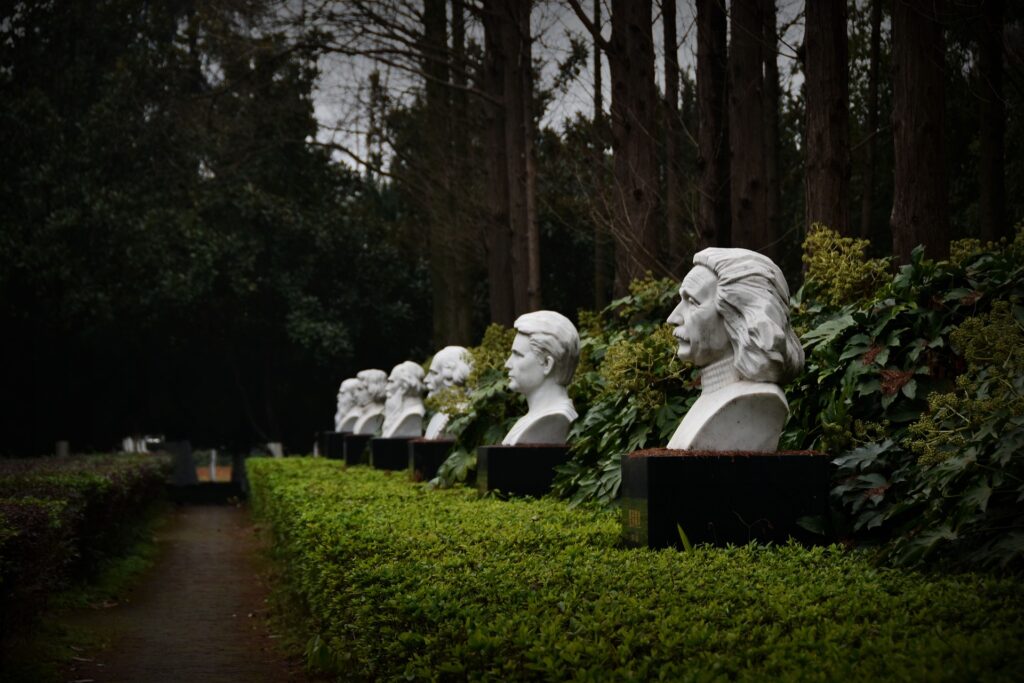Marie Curie was a physicist and chemist who is best known for her work on radioactivity. She was the first woman to win a Nobel Prize, and the only woman to win twice. Curie’s discoveries have had a lasting impact on science and society, and she remains an inspiration to women everywhere. In this blog post, we’ll take a closer look at Marie Curie’s life and work, and explore her legacy.
Who Was Marie Curie?
Marie Curie was a Polish-French physicist and chemist who conducted pioneering research on radioactivity. She was the first woman to win a Nobel Prize, and she is the only person to have won the award in two different fields.
Curie was born in Warsaw, Poland, in 1867. Her father was a physics professor, and her mother was a leading educator. When she was 18, she left Poland to study physics and mathematics at the Sorbonne in Paris. It was there that she met her future husband, Pierre Curie.
The couple married in 1895 and began working together on research into radioactivity. In 1898, they discovered the elements radium and polonium, which they named after Marie’s native country. Marie and Pierre were awarded the Nobel Prize in Physics in 1903 for their work on radioactivity.
Marie Curie died in 1934 from exposure to radiation. Despite the dangers of her work, she continued to conduct research until the end of her life. Her legacy continues to inspire scientists all over the world.
What Is Marie Curie Most Famous For?
Marie Curie is best known for her work on radioactivity, which led to her discovery of two elements: radium and polonium.
Her accomplishments made her one of the most celebrated scientists of her time, and she remains an iconic figure today. Curie’s pioneering work on radioactivity laid the foundation for our understanding of the atomic world.
Her discoveries have had a profound impact on medicine, particularly in the field of cancer treatment. But Curie’s legacy goes beyond her scientific achievements. She was also a committed advocate for social reform, lending her time and expertise to various causes throughout her life.
Marie Curie was a true trailblazer, whose accomplishments continue to inspire people around the world.
How Did Marie Curie Die?
Despite her many accomplishments, Marie Curie died tragically at the age of 66 from aplastic anemia, which was likely caused by her exposure to radiation. Although Marie Curie’s death was untimely, her legacy continues to live on through her many accomplishments in the field of science

